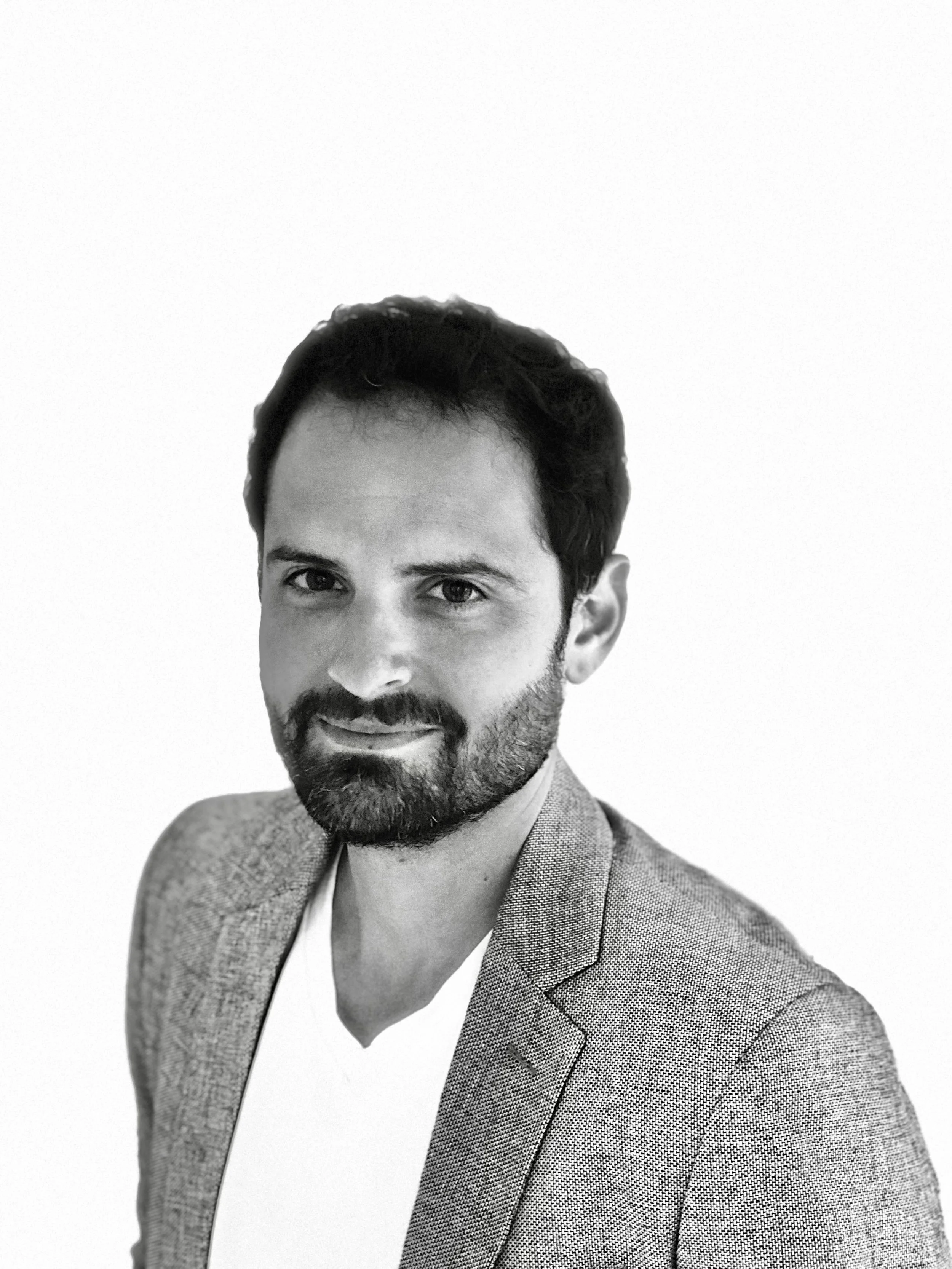World mental health day: why the World Health Organisation (WHO) should be more positive about masculinity
According to World Health Organisation (WHO) “The overall objective of World Mental Health Day is to raise awareness of mental health issues around the world and to mobilize efforts in support of mental health.”
Their slogan for this year’s WMHD is “Make mental health & well-being for all a global priority”.
Note: “for all”.
So far, so good.
Being a victim of domestic violence can have a significant impact on mental health. Last year the WHO’s Director General stated that one of the ways to address violence against women is “by challenging social norms that support harmful views of masculinity and condone violence against women”.
“in which countries today can you find social norms that “condone violence against women”? In many countries, expressing that attitude will land you in prison very quickly”
Let’s go back to the “for all” part of the WHO’s slogan for a moment, because around a third of victims of all domestic violence are male victims of female perpetrators. The mental health impact of this on men can be just as devastating as it is for women. It could be argued that in some ways male victims have additional problems, because male victims often go unnoticed, might not be believed when they seek help, and consequently are reluctant to seek help. Domestic violence agencies, and organisations like the WHO, tend to focus almost exclusively on female victims. So much for the WHO’s “wellbeing for all”. How depressing must this situation be for men?
The WHO Director General’s statement expresses the usual assumptions about domestic violence, but it gets worse. He represents the World Health Organisation, so when he talks about “challenging norms”, his position implies that he wants to challenge norms around the world. But if you think about it a little, in which countries today can you find social norms that “condone violence against women”? In many countries, expressing that attitude will land you in prison very quickly, or at least leave you without friends and put your employment in jeopardy. Perhaps he is talking about norms in Afghanistan, where the Taliban rule? Without specifying what countries he is talking about, he leaves us to presume that this is a problem in every country. Indeed there isn’t a shortage of people who are eager to have their view that ‘manspreading’, ‘mansplaining’ and being competitive are social norms supporting harmful views of masculinity, and any responsible WHO representative should be careful not to fan these flames of misandry.
The WHO Director General’s “statement clearly implies a connection between masculinity and violence against women [but] There are many countries in which this doesn’t apply at all, which means his statement is a misleading generalisation.”
The Director General’s statement clearly implies a connection between masculinity and violence against women [edit: a tenuous connection being implied in UN organisations since at least 1997]. Again, where in the world is he talking about? There are many countries in which this doesn’t apply at all, which means his statement is a misleading generalisation.
To look at it another way, if the WHO were campaigning against people being made ill by drinking unclean water, it would make sense to call for action (e.g. clean water pumps on every street corner) in countries with unsanitary water, but it would be ridiculous to apply these ideas to countries like the UK where water is generally safe. So to avoid an unreasonable slander of masculinity in the UK and other countries where masculinity is reasonably benign, the WHO again need to clarify where in the world they are talking about.
“In many cases of violence by men, the root cause is unlikely to be masculinity, and more likely due to factors related to unresolved trauma”
I am suggesting that the WHO Director General’s statement got it wrong in three ways. Firstly – as outlined above - they need to clarify where in the world they are talking about. Secondly – as stated above - the WHO are overlooking that at least 30% of victims of domestic violence are male victims of female violence.
Thirdly, the assumption that masculinity causes domestic violence is deeply flawed. In many cases of violence by men, the root cause is unlikely to be masculinity, and more likely due to factors related to unresolved trauma, such as childhood abuse, or ‘combat stress’ in military operations. Other issues related to violence and mental health are poor emotional regulation or substance abuse, neither of which are caused by masculinity. In fact the absence of a father in the home is related to antisocial behaviour, so it could be said that antisocial behaviour by men is the result of a lack of the guiding influence of masculinity in their formative years.
“men who have better mental wellbeing see masculinity as something that makes them want to protect women, and see masculinity as something that makes them less inclined to be violent towards women”
In support of my suggestion, new research shows that men who have better mental wellbeing see masculinity as something that makes them want to protect women, and see masculinity as something that makes them less inclined to be violent towards women. Additionally, the more men think that masculinity has a negative impact on their behaviour, the worse their mental health. Many people believe that the negative narrative about masculinity has a detrimental impact on boys, and it seems likely that negative representations of masculinity – like the statement by the WHO’s Director General – are just another brick in that wall of prejudice against men and boys.
“The WHO need to recognise that reducing attacks by men against women will not be achieved by attacking masculinity”
Various studies have found a link between masculinity and good mental health. These studies go against the prevailing narrative so are less likely to be published, and when published they are not greeted with the same fanfare of publicity as studies that put masculinity in a negative light.
So when the WHO say on World mental health day that they want well-being for all, they need to think much more clearly about the narrative they are promoting about men and masculinity. The WHO need to recognise that reducing attacks by men against women will not be achieved by attacking masculinity, but is much more likely to happen by improving the mental health of men. Masculinity is a core part of a man’s identity, it is highly unlikely that the mental health of men will be improved by slandering masculinity.
Mentally stable men are a benefit to the community, so the WHO needs to make sure their health promotion schemes and programmes are genuinely “for all”.
Helpline numbers
If you are a man experiencing domestic abuse, you can call the Mankind Initiative helpline weekdays 10am to 4pm on 01823 334244
If you have been affected by false allegations of sexual abuse then contact The Defendant helpline, 0300 124 5098, which is open Mon to Fri 6-10pm. For general information email info@thedefendant.org.uk Or visit the website https://thedefendant.org.uk/
If you are a father experiencing a stressful time post-separation, you can call the Families Need Fathers helpline 0300 0330 363 (9am – 10pm Monday to Friday, 10am – 3pm at weekends).
Scroll down to join the discussion
Disclaimer: This article is for information purposes only and is not a substitute for therapy, legal advice, or other professional opinion. Never disregard such advice because of this article or anything else you have read from the Centre for Male Psychology. The views expressed here do not necessarily reflect those of, or are endorsed by, The Centre for Male Psychology, and we cannot be held responsible for these views. Read our full disclaimer here.
Like our articles?
Click here to subscribe to our FREE newsletter and be first
to hear about news, events, and publications.
Have you got something to say?
Check out our submissions page to find out how to write for us.
.





















































